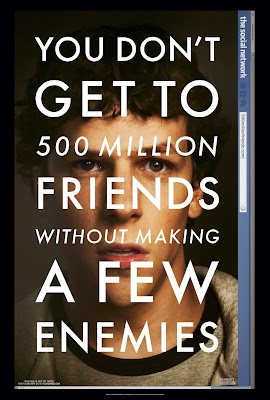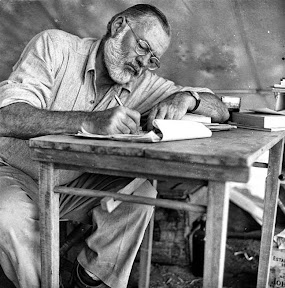The beauty of the poem is that it cannot be said any other way. What I mean to say is that if I wanted to tell someone about this poem I would have to read it out:
I cannot paraphrase it. It is the poem itself that utters its meaning. I could translate the poem.
C'est juste pour dire
par William Carlos Williams
J'ai mangé
des prunes
... qui ont été
dans la glacière
et qui
tu as probablement
épargne
pour le petit dejeuner
Pardon moi
ils étaient délicieux
si doux
et si froid
Is my translation adequate? No matter.
The translation would have to be another poem. I mean. The same poem. Written under the same conditions. I am afraid I am not a poet. Even if I were a poet I would have to be convicted to write a poem such as this one. I would have to be William Carlos Williams. I can only present an ersatz -- both in translation and in paraphrase. It would have to be a translation written by a poet in the same mind as Williams. The translation would have to stand alone as a piece of poetry as simple and beautiful as the original English. A bad translation would take away from the poemness of the original. Worse than a bad translation is a bad paraphrase: to say, "Oh, that poem is just about some guy who ate his girlfriend's plum that was not his to take that he took out of the refrigerator." There are two things wrong with the previous statement. First, it is a gross estimation of affairs. Second, it adds its own interpretation that was intuited, absconded, I should say, from the original. I cannot intuit from a poem and call my intuition the poem. The intuition, that it was a girlfriend's plum, is an intuition that could be countered. It may have been a boyfriend's plum. It could have been a plum in the icebox at work.
The intimacy of the poem seems to suggest something intimate, something personal, something non-work related.
To take the plum from a stranger, a co-worker, even someone who lives with you, but is not a lover, is not what is evoked in this poem. I just know it is an intimate partaking of the plum uninvited. It is at the level of togetherness and separation that this poem speaks. The three ellipses in the first stanza attest to the hesitation I speak of. The probably hints at "knowing your habits," the "you" an instance of the intimate second person. The forgive is only to be understood by the confession itself: a declaration, not a confession. It is not so much the narrator admits to eating the plum but he declares -- and here is the simplicity — that they were "delicious / so sweet / and so cold." The guilt is not there. Not even in the forgiving. Is the narrator asking to be forgiven for his own desire? No. If he knew it to be wrong he would not have done it. Or he would have given another reason. "Forgive me / they were not mine/ but yours / not mine to take." There is no impunity either. This is not a poem about release from moral obligation. A simple declaration of desire. Desire qua desire. Desire that happens upon an encounter with an object of desire. The natural affinity of a person to sate his desire. And to realize, perhaps, afterward, oh wait, the desire is yours to partake as well. In my desiring the deliciousness, the sweetness, the coldness, I forgot about our togetherness, or co-habitation, our couplehood. And only here, in my presentation. It is an ersatz.
For William Carlos Williams's poem "The Red Wheelbarrow" click here.



